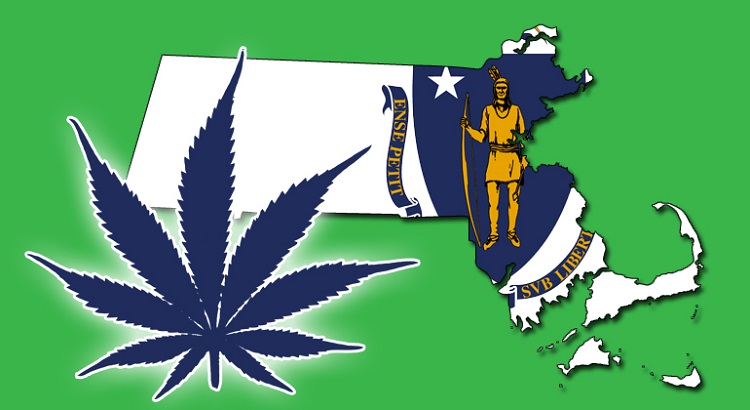Just a handful of applicants apply for Massachusetts’ social equity business permits
Surprisingly fewer applicants have filed for cannabis business permits in Massachusetts since the state launched the social equity application process back in April. A total of 123 people were invited to apply for social equity permits in Massachusetts but as of June 20, just 10 had applied.
Data from the Massachusetts Cannabis Control Commission revealed how hardly any black- and Latinx-owned companies have submitted social equity license applications. As a program designed to help individuals disproportionately affected by the “War on Drugs” to work in the legal cannabis trade, the results are rather deflating.
Individuals who have been disproportionately targeted by prohibition stand to benefit from Massachusetts’ social equity program. However, lack of funding could be the problem, what with the average cost of applying for a cannabis business license in Massachusetts ranging from $50,000 to $60,000. People who fall into the ‘Economic Empowerment applicant’ demographic just don’t have this kind of money.
The Commission has designated 29 cities of disproportionate impact
After closely analyzing arrest rates in various parts of Massachusetts, the Commission confirmed that 29 cities have been disproportionately impacted by cannabis prohibition. The 29 areas of disproportionate impact are Abington, Amherst, Boston, Braintree, Brockton, Chelsea, Fall River, Fitchburg, Greenfield, Haverhill, Holyoke, Lowell, Lynn, Mansfield, Monson, New Bedford, North Adams, Pittsfield, Quincy, Randolph, Revere, Southbridge, Spencer, Springfield, Taunton, Walpole, Wareham, West Springfield and Worcester.
Massachusetts’ social equity cannabis program eligibility criteria
Licensees and applicants will not necessarily be accepted into Massachusetts’ social equity cannabis program simply because they come from a disproportionately impacted community in the state. The following eligibility criteria must be met by all licensees and applicants who are interested in doing business in Massachusetts’ cannabis industry:
- They have been convicted of a drug charge and have resided in Massachusetts for at least 12 months
- Within the last decade, they have resided in one of the disproportionately impacted communities for a minimum of five years
- They are the child of/have been married to someone who with a drug conviction and have been living in Massachusetts for at least 12 months.
Successful applicants could benefit from training and technical assistance
The lack of applications for Massachusetts’ social equity program is rather astonishing, considering the fact that successful applicants and licensees will have the training and technical assistance bestowed upon them. Examples of the areas in which successful applicants will be assisted include recruitment and employee training, management, tax compliance and forecasting, business plan creation, capital-raising and more.
According to the Commission, the vast majority of cannabis social equity program applicants in Massachusetts will be of African American, Black, Hispanic or Latino descent. You can read more about the application process by clicking here.








